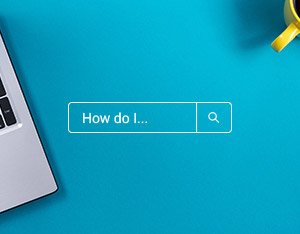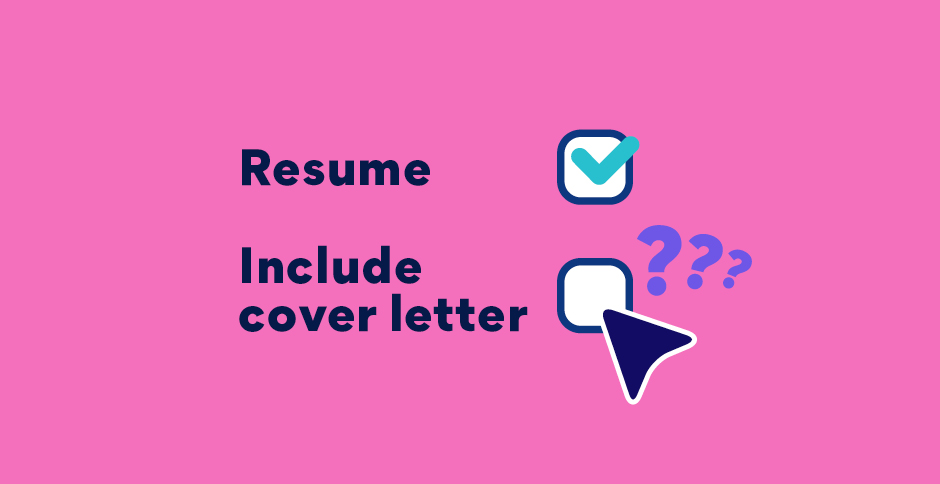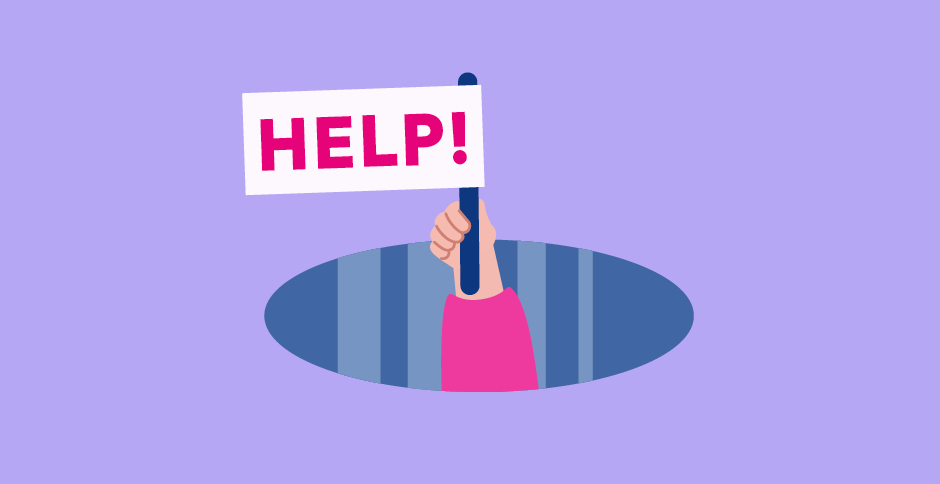Job seekers are regularly told about the importance of ‘standing out from the crowd.’ But what does that actually mean and how can someone go about achieving it?
Executive and Career Coach at Nicole Grainger-Marsh Coaching and Consulting tackles some of the most commonly asked questions with practical advice to help give you the edge on your competitors:
- What can I do to stand out against other candidates?
Don’t simply focus on your technical skills. Obviously, an employer needs to know that you have the technical skills required to do the job, but the reality is that most applicants will have a lot of the same skills as you.
To stand out, right from your cover letter through to the interview, you need to focus on what makes you unique. Really reflect on your life, not just your profession, to identify what you have that others likely don’t. Is it that you have more knowledge in a specific area than most people? Maybe you have worked in multiple markets and therefore bring a broader perspective to your role. Or it could be that you are a volunteer or sit on a committee, and therefore bring additional skills to the table, enhancing your ability to do the job well.
- What questions should I ask in an interview?
Through your questioning, you want to demonstrate to the interviewer that your priority is to understand and meet the needs of their organisation and you want them to know you are interested enough to try to picture what working there will be like.
So, questions like: ‘What would success look like in this role?’, ‘What do you most need from the person who steps into this role?’ and ‘What challenges would you need me to meet to help the organisation meet its objectives?’. Also, don’t be afraid to ask about the culture – an alignment of values is important for both sides!
- What should I do when I haven’t heard back about a job?
There is nothing wrong with following up; if anything, it demonstrates that you are highly interested in the role and are a proactive person. Both traits are highly valued by employers. A thank you email directly after an interview is a nice touch and can be complemented by a follow up email after a reasonable amount of time has passed. In your follow up email, make sure you clearly and concisely communicate your enthusiasm for the role and the value you would bring to the company.
When contacting your interviewer, it’s important to remember and respect that they have many other priorities competing for their time. Hiring for this role is not the only thing they are doing; so sometimes, no news is no news.
With this advice in mind, start jotting down some ideas for each question that relate to you and your career journey.
Really reflect on your life, not just your profession, to identify what you have that others likely don't.



